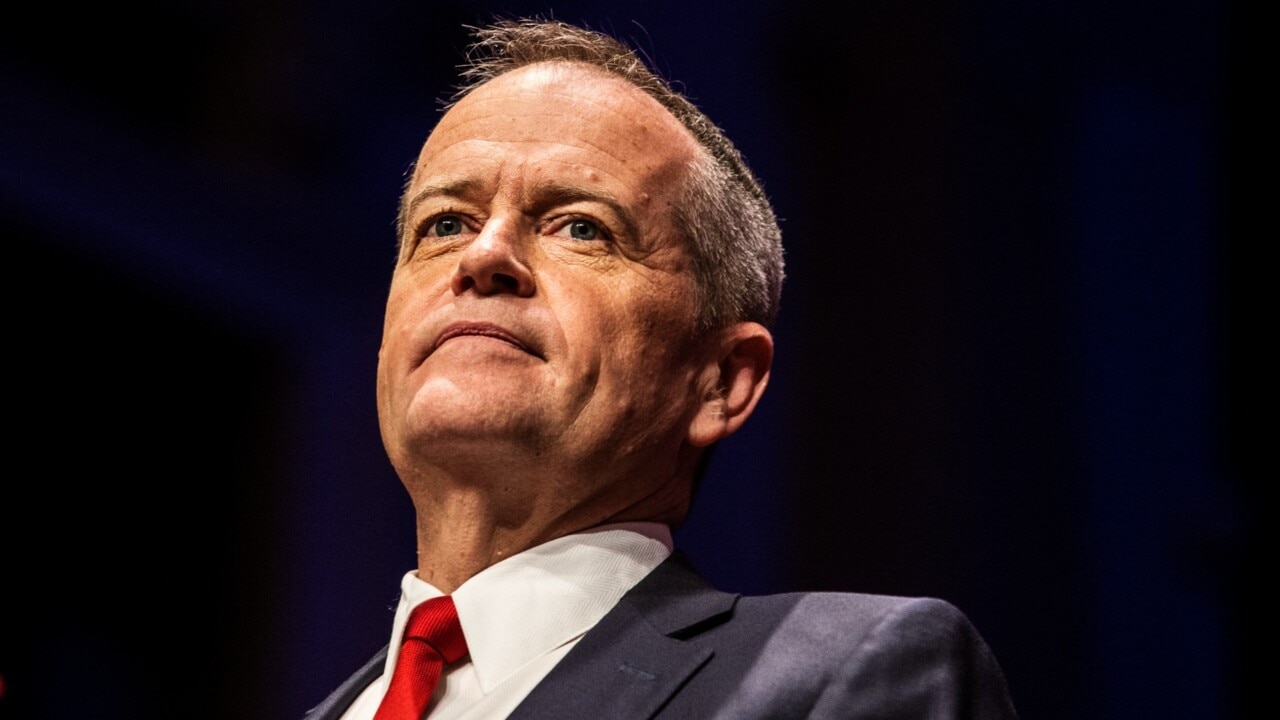NDIS registered providers heading toward “potential market failure”
More than $35bn of taxpayers’ money might have gone into the National Disability Insurance Scheme last financial year, but almost two in three registered providers report operating at a loss, potentially risking ‘market failure’, a new report warns.

More than 60 per cent of registered NDIS providers may be operating at a loss despite $35bn in public money pumped into the scheme last financial year, .
The perilous financial situation of so many registered NDIS service providers creates “the very real potential for market failures,” a new study concludes.
Using financial data from registered providers representing around 11 per cent of the NDIS market, the report by disability benchmarking organisation Ability Roundtable finds 63 per cent of participating organisations incurred a 2022-23 loss and forecasts the current financial year will be worse.
This is despite a 9 per cent increase to what providers could charge for service supports announced by the National Disability Insurance Agency’s 2022-23 price review.
With a key independent review into the NDIS currently in the hands of the federal and state governments and due to be discussed at National Cabinet next Wednesday, the scheme’s financial sustainability is set to be a key political issue in coming weeks.
The review’s recommendations will be key to achieving National Cabinet’s agreement in March to set an 8 per cent cost growth target for the NDIS from 2026, after recent years have seen 13-14 per cent annual growth and projections putting the scheme’s cost at more than $100bn by 2032. It is likely to call for the states to provide more support outside the NDIS for people with disability, including hundreds of thousands of children with autism, to take pressure off the scheme’s cost base.

Under the NDIS’s founding premise of “choice and control” the scheme’s 630,000 participants receive funding for support services that can be provided by either registered or unregistered providers. About three in 10 manage their own plan, with most using a plan manager. At least two-thirds of NDIS funding flows through registered providers.
The new report, based on responses from providers servicing 70,000 NDIS participants, engaging 55,000 workers and using more than $4bn in scheme funds “highlights the significant financial stress of the NDIS provider sector, and the very real potential for market failures.”
Ability Roundtable chief operating officer Michael Bink said registered providers faced additional regulatory and operating costs to ensure NDIS compliance, which put them at a financial disadvantage to unregistered providers.
“After consecutive years of making a loss, it is not sustainable much longer for many in the sector,” Mr Bink said. “Registered providers have one hand tied behind their back because they have additional compliance costs that unregistered providers do not but are effectively expected to deliver services for the same price”.
He said the NDIS’ flat pricing structure meant providers in the sector purely chasing profit would steer clear of participants with complex needs, leaving purpose-oriented organisations to take a loss on such clients.
“We don’t believe there needs to be more money in the NDIS system,” Mr Bink said. “For some clients with simple needs the pricing for services is too high, and for those with complex needs it is too low.”
But George Taleporos, chair of disability advocacy group Every Australian Counts, said NDIS participants should have the option of registered or unregistered providers “to meet our very diverse needs and preferences.”
“I would like to see the viability concerns of quality registered providers addressed, especially in regional and remote areas. However, I’m happy to see the poor quality providers go out of business, that is ideally how the market should be working,’ he said.
“I am very concerned that some of these large registered providers think the solution to their financial issues is to try and get the government to ban unregistered providers. That is absolutely unacceptable as it violates the key principles of choice and control that are the foundation of the NDIS that we fought for,” Dr Taleporos said.
NDIS minister Bill Shorten has previously flagged the government is moving to stop disability providers charging exorbitant prices for goods and services simply because they were purchased through the scheme.






